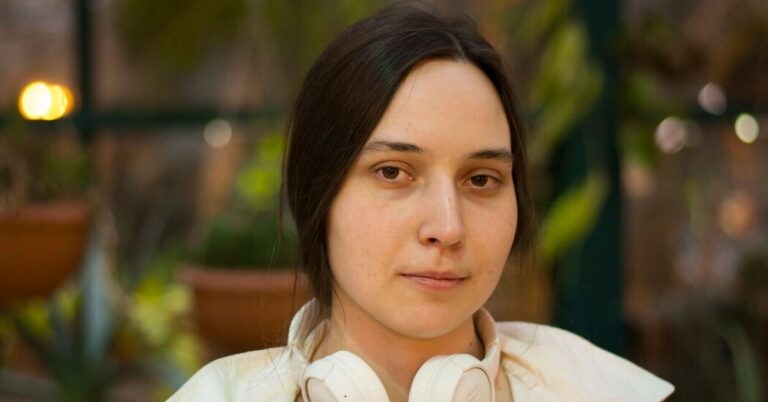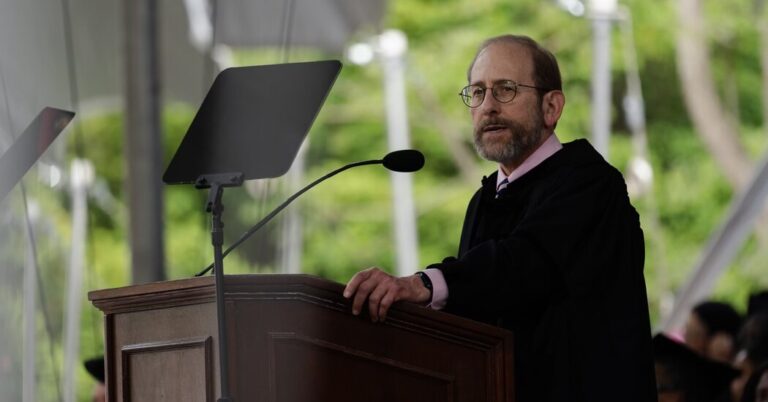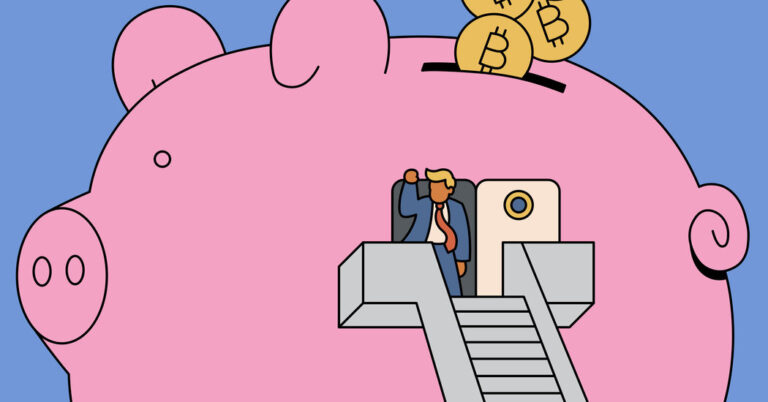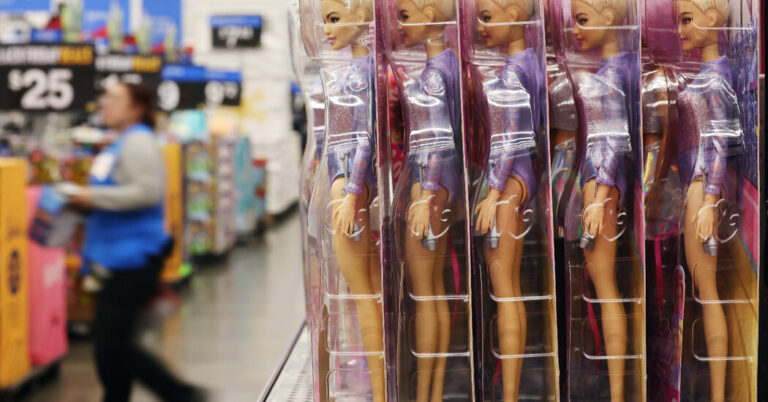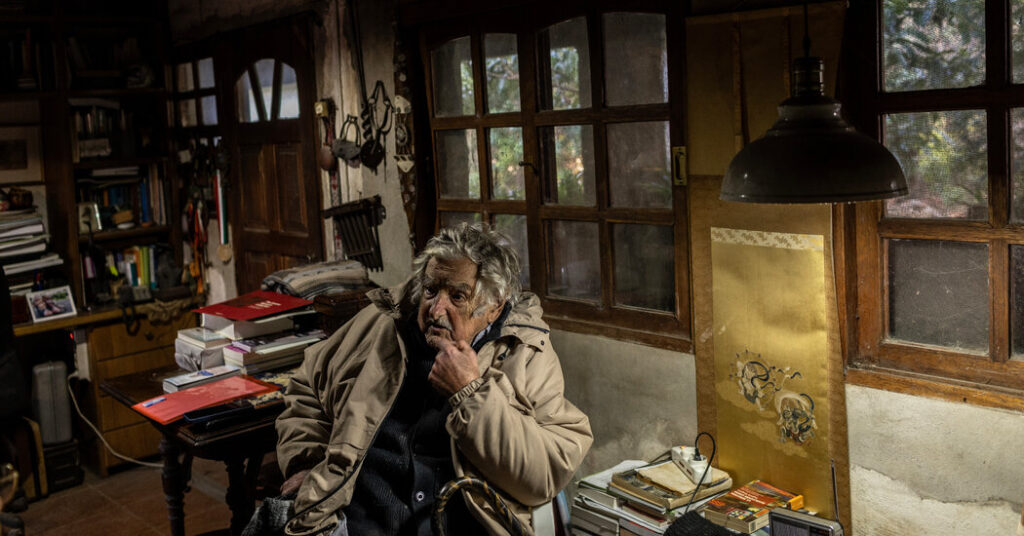
José “Pepe” Mujica did not have much use for Uruguay’s three-story presidential residence, with its chandeliers, elevator, marble staircase and Louis XV furniture.
“It’s crap,” he told me last year. “They should make it a high school.”
So when he became president of his small South American nation in 2010, Mr. Mujica decided he would commute from his home: a cluttered, three-room shack the size of a studio apartment, crammed with a wood stove, overstuffed bookcases and jars of pickling vegetables.
Before his death on Tuesday, Mr. Mujica lived there for decades with his lifelong partner, Lucía Topolansky — herself a former vice president — and their three-legged dog, Manuela. They farmed chrysanthemums to sell in local markets and drove their sky blue 1987 Volkswagen Beetle to their favorite tango bars.
It was a political masterstroke. His presidency failed to accomplish all of its economic goals. But his austere lifestyle made him revered by many Uruguayans for living like them, while giving him a platform in the international press to warn that greed was eroding society. He insisted it was truly how he wanted to live, but he also recognized that it served to illustrate that politicians had long had it too good.
“We have done everything possible to make the presidency less venerated,” Mr. Mujica told my New York Times predecessor in South America, Simon Romero, in 2013, sharing with him a gourd of mate, the herbal drink passed back and forth over conversation in this part of the world.
I visited Mr. Mujica at his same home last year. He was bundled in a winter coat and wool hat in front of a wood stove, frail and hardly able to eat as a result of radiation treatment for a tumor in his esophagus. But facing a journalist who could spread his ideas to the world for perhaps one of the final times, he held court for nearly two hours, expounding on how to find purpose and beauty in life and how, he told me unprompted, “humanity, as it’s going, is doomed.”
He also explained why he believed that the trappings of elected office — the palaces, the servants, the luxury jets — were the opposite of what democracy was supposed to be about.
“The cultural remnants of feudalism remain — inside the republic. The red carpet, the bugles when the feudal lord came out of the castle onto the bridge. All that remains,” he said. “The president likes to be praised.”
He recalled a visit to Germany while he was president. “They put me in a Mercedes-Benz. The door weighed about 3,000 kilos. They put 40 motorcycles in front and another 40 in back,” he said. “I was ashamed.”
The international press nicknamed him the world’s “poorest president,” noting his net worth was $1,800 when he took office. Mr. Mujica detested the moniker and often quoted the Roman court-philosopher Seneca: “It is not the man who has too little, but the man who craves more, that is poor.”
It would be hard to find a more striking contrast to President Trump, who has made living a gilded life central to his identity. In our interview, three months before the election, Mr. Mujica repeatedly brought up Mr. Trump. “It seems like a lie — a country like the United States having a candidate like Trump,” he said. “Democracy at the height of a doormat.”
Mr. Mujica entered politics in the 1960s as a bank-robbing leftist guerrilla. His group, the Tupamaros, gained notoriety for their violence. Mr. Mujica said they tried to avoid harming civilians, but added that the leftist struggle sometimes required force.
After escaping prison twice, he was imprisoned for 14 years under Uruguay’s military dictatorship, much of his sentence spent in solitary confinement. Trapped in a hole in the ground, he said, he befriended rats and a small frog to survive psychologically.
He was released as Uruguay re-established democracy and was eventually elected to Congress, drawing attention for showing up to work on a Vespa. In 2009, voters made him president of the nation of 3.3 million.
Under Mr. Mujica, Uruguay decriminalized abortion, legalized same-sex marriage, pushed into renewable energy and became the first nation to fully legalize marijuana. Yet many of his goals, like significantly reducing inequality and improving education, fell victim to the realities of politics.
But as news of his death spread on Tuesday, people across the world remembered him not for his policies. It was his humility that was his legacy.
Earlier this year, his political protégé, a former history teacher named Yamandú Orsi, took office as Uruguay’s new president. He has commuted to work from his family home, and Uruguay’s presidential mansion has mostly remained empty.

